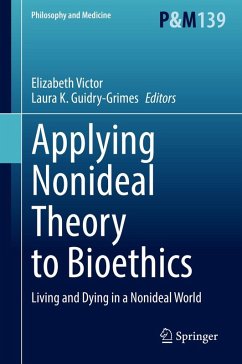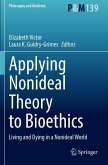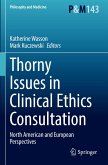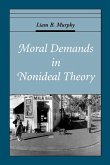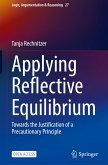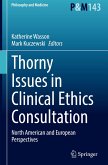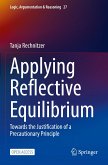This book offers new essays exploring concepts and applications of nonideal theory in bioethics. Nonideal theory refers to an analytic approach to moral and political philosophy (especially in relation to justice), according to which we should not assume that there will be perfect compliance with principles, that there will be favorable circumstances for just institutions and right action, or that reasoners are capable of being impartial. Nonideal theory takes the world as it actually is, in all of its imperfections. Bioethicists have called for greater attention to how nonideal theory can serve as a guide in the messy realities they face daily. Although many bioethicists implicitly assume nonideal theory in their work, there is the need for more explicit engagement with this theoretical outlook.
A nonideal approach to bioethics would start by examining the sociopolitical realities of healthcare and the embeddedness of moral actors in those realities. How are bioethicists to navigate systemic injustices when completing research, giving guidance for patient care, and contributing to medical and public health policies? When there are no good options and when moral agents are enmeshed in their sociopolitical viewpoints, how should moral theorizing proceed? What do bioethical issues and principles look like from the perspective of historically marginalized persons? These are just a few of the questions that motivate nonideal theory within bioethics. This book begins in Part I with an overview of the foundational tenets of nonideal theory, what nonideal theory can offer bioethics, and why it may be preferable to ideal theory in addressing moral dilemmas in the clinic and beyond. In Part II, authors discuss applications of nonideal theory in many areas of bioethics, including reflections on environmental harms, racism and minority health, healthcare injustices during incarceration and detention, and other vulnerabilities experienced by patients fromclinical and public health perspectives. The chapters within each section demonstrate the breadth in scope that nonideal theory encompasses, bringing together diverse theorists and approaches into one collection.
A nonideal approach to bioethics would start by examining the sociopolitical realities of healthcare and the embeddedness of moral actors in those realities. How are bioethicists to navigate systemic injustices when completing research, giving guidance for patient care, and contributing to medical and public health policies? When there are no good options and when moral agents are enmeshed in their sociopolitical viewpoints, how should moral theorizing proceed? What do bioethical issues and principles look like from the perspective of historically marginalized persons? These are just a few of the questions that motivate nonideal theory within bioethics. This book begins in Part I with an overview of the foundational tenets of nonideal theory, what nonideal theory can offer bioethics, and why it may be preferable to ideal theory in addressing moral dilemmas in the clinic and beyond. In Part II, authors discuss applications of nonideal theory in many areas of bioethics, including reflections on environmental harms, racism and minority health, healthcare injustices during incarceration and detention, and other vulnerabilities experienced by patients fromclinical and public health perspectives. The chapters within each section demonstrate the breadth in scope that nonideal theory encompasses, bringing together diverse theorists and approaches into one collection.

